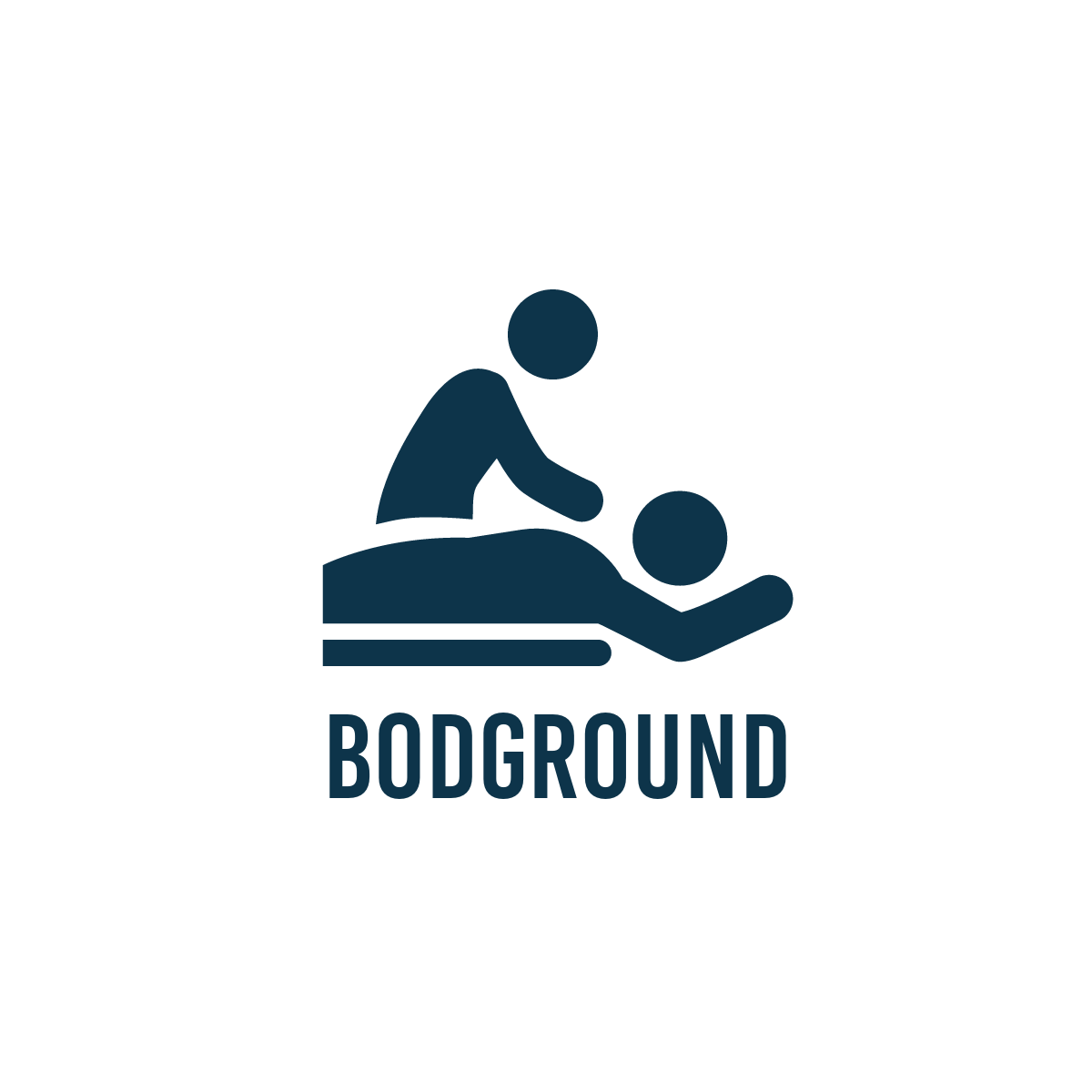Ancient Greece
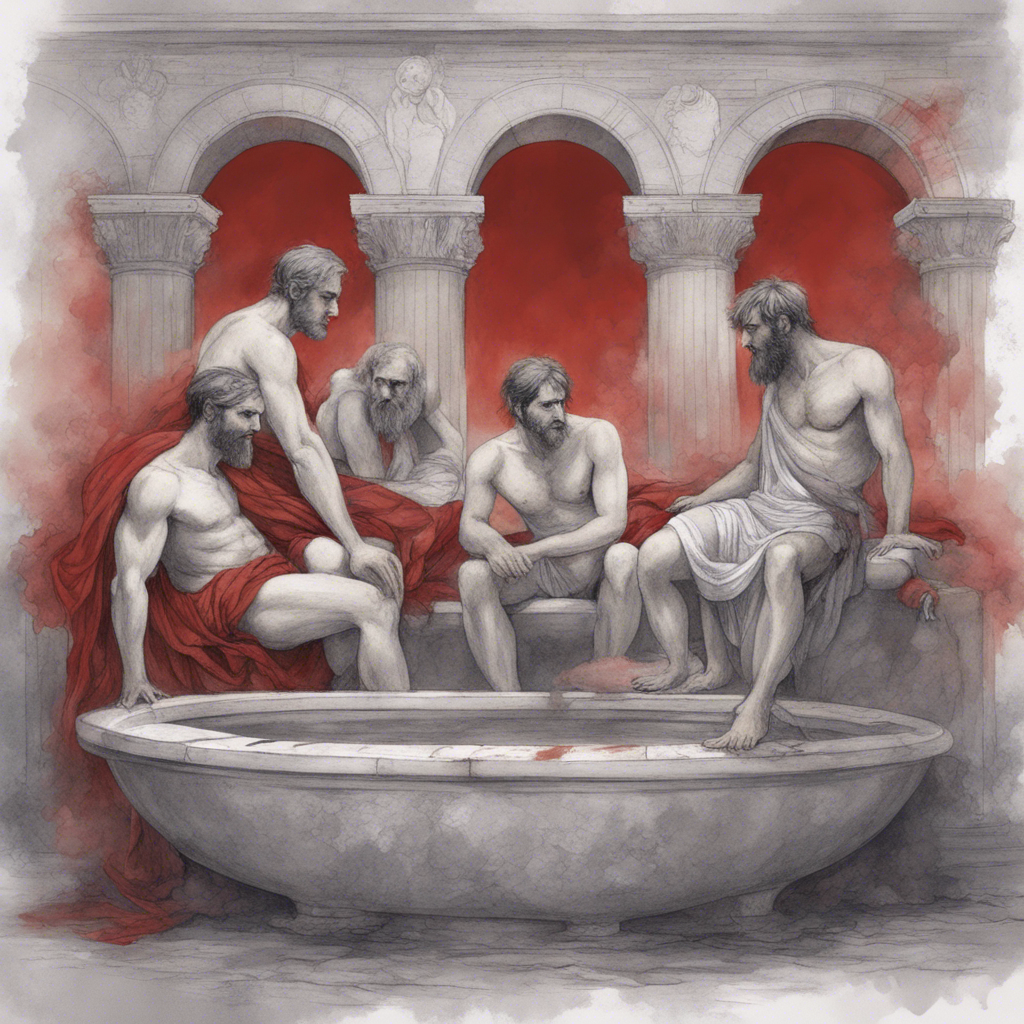
We’ll be exploring homosexuality and the culture of gay massage in Ancient Greece as it offers fascinating insights into how love, friendship, and physical intimacy interwove in the daily lives of the Greeks. The tapestry of Ancient Greek society, with its rich philosophies, groundbreaking political systems, and stunning art, also includes a complex and nuanced view of sexuality and intimate relationships.
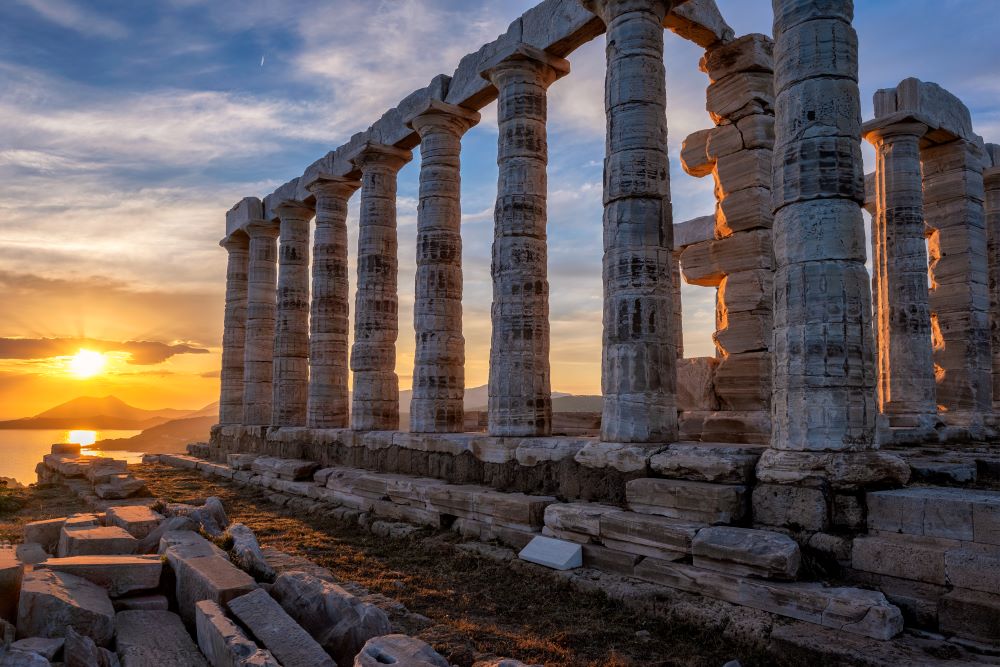
The Fabric of Greek Homosexuality & Gay Massage
To understand the context of homosexuality in ancient Greece, it’s crucial to first dispel the modern conceptions and labels that often cloud our understanding of historical sexual practices. The Ancient Greeks did not categorize people based on the gender of those they loved. Instead, relationships, whether between individuals of the same sex or opposite sex, were viewed through lenses of roles, affection, and social standing.
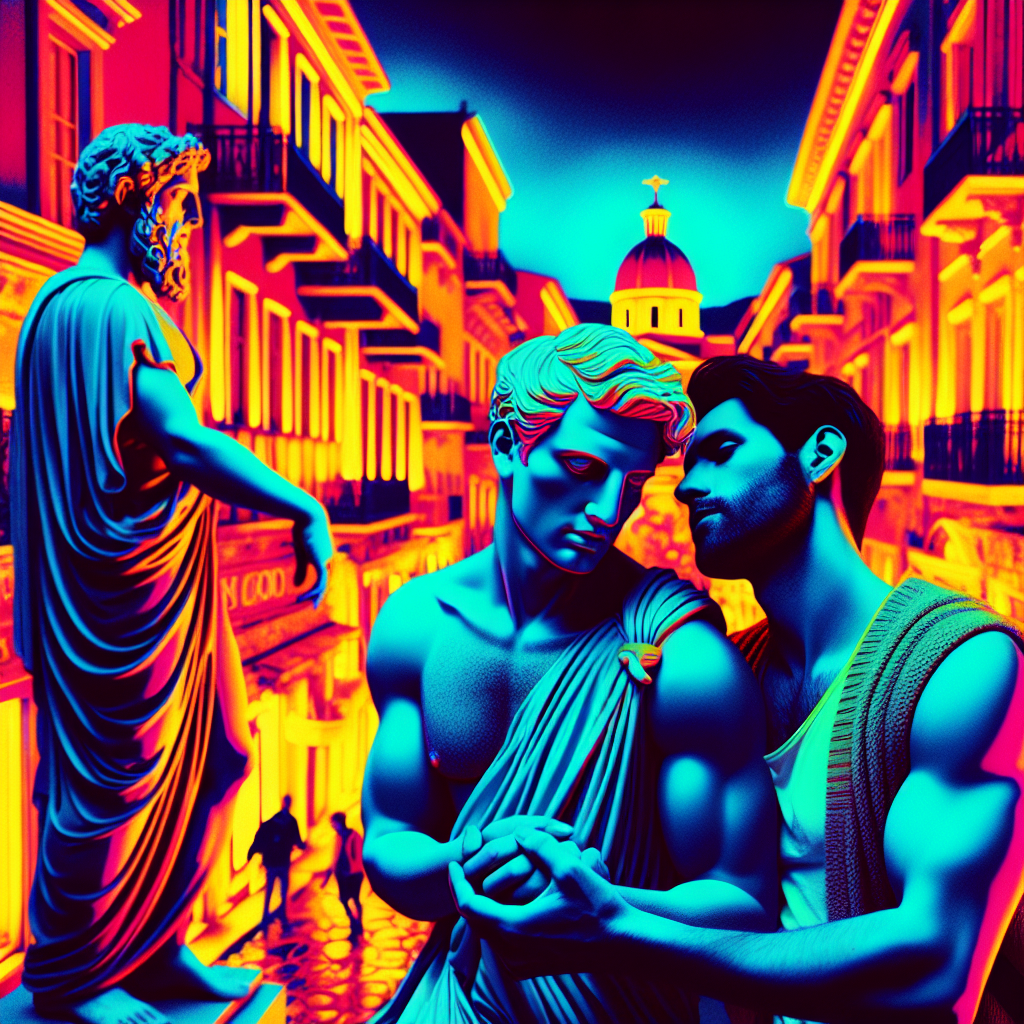
Homosexual relationships were particularly prominent among the male aristocracy and military, where such bonds were not only accepted but encouraged. These relationships often combined elements of mentorship, camaraderie, and erotic love, especially evident in the institution known as pederasty. This system involved an older male (erastes) and a younger male (eromenos) in a relationship that was both educational and sexual, though it was governed by certain societal norms and expectations.
The Sensual Art of Gay Massage
As we explore homosexuality and the culture of gay massage in Ancient Greece, massage was not merely a physical therapy but a vital element of daily life, intertwined with their understanding of medicine, beauty, and the philosophy of the body. Gymnasiums, the centers for education, training, and social interaction, were also places where massages were commonly administered. These massages, given with oils and performed by trained individuals, were crucial for the relaxation and recovery of the body, especially for athletes and warriors.
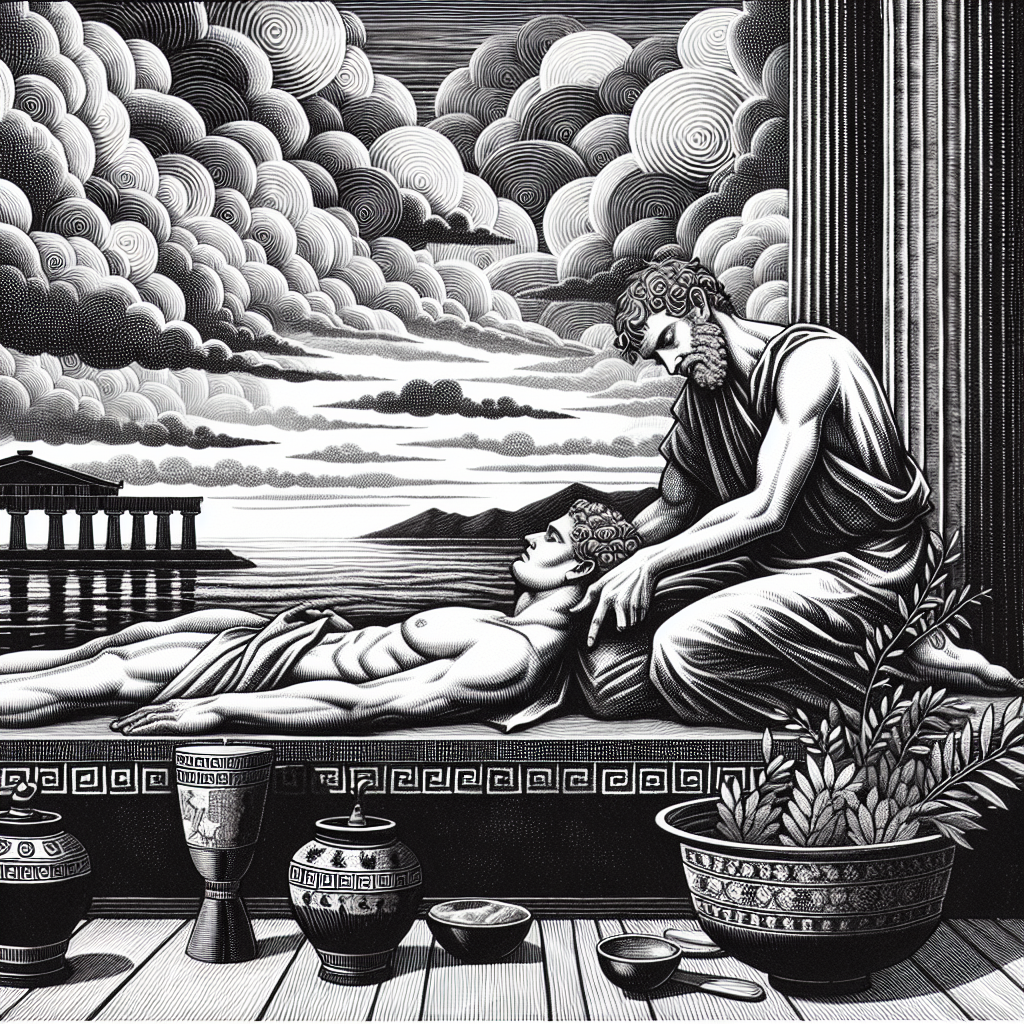
The concept of massage as a form of physical intimacy also held a place in the dynamics of homosexual relationships. It was a medium through which affection and care could be expressed, transcending the purely physical benefits to touch upon the emotional and psychological well-being of individuals. In the symposiums (social gatherings involving drinking, music, poetry, and conversation), the role of touch and massage could also serve as a prelude to more intimate encounters, blurring the lines between platonic and erotic affection.
The Ethos of Eros
In exploring the significance of homosexuality and massage in Ancient Greek society, one encounters the philosophy of Eros—the concept of love that transcends mere physical attraction. Eros, in its highest form, was about the beauty of the mind and the soul as much as it was about the physical body. Thus, the physical expressions of love, including sexual relations and massage, were seen as part of the journey towards intellectual and spiritual connection.
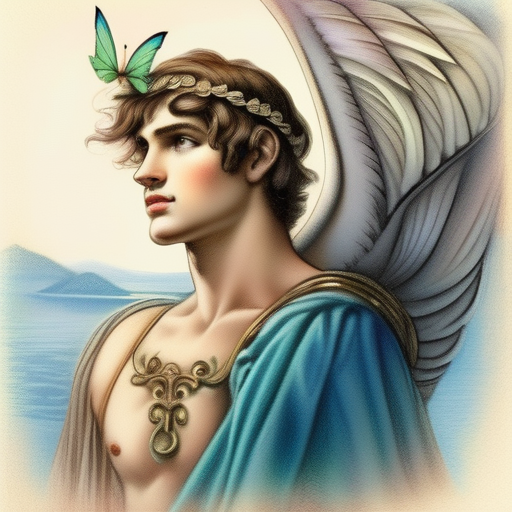
The appreciation of the male form, evident in Greek sculpture and literature, also played into this ethos, with the physical body seen as an embodiment of beauty and strength. The practices of massage and physical intimacy among men were, in this context, not just about pleasure or social norms but a celebration of this idealized physical and aesthetic virtue.
The Legacy of Greek Homosexuality and Gay Massage
The attitudes towards homosexuality and the practice of massage in Ancient Greece were products of their specific cultural, social, and philosophical contexts. As such, they resist direct comparison with contemporary understandings of sexual identity and intimacy. However, the legacy of Greek openness to physical affection and their nuanced understanding of love’s many forms offers a poignant reminder of the diversity of human relationships through history.
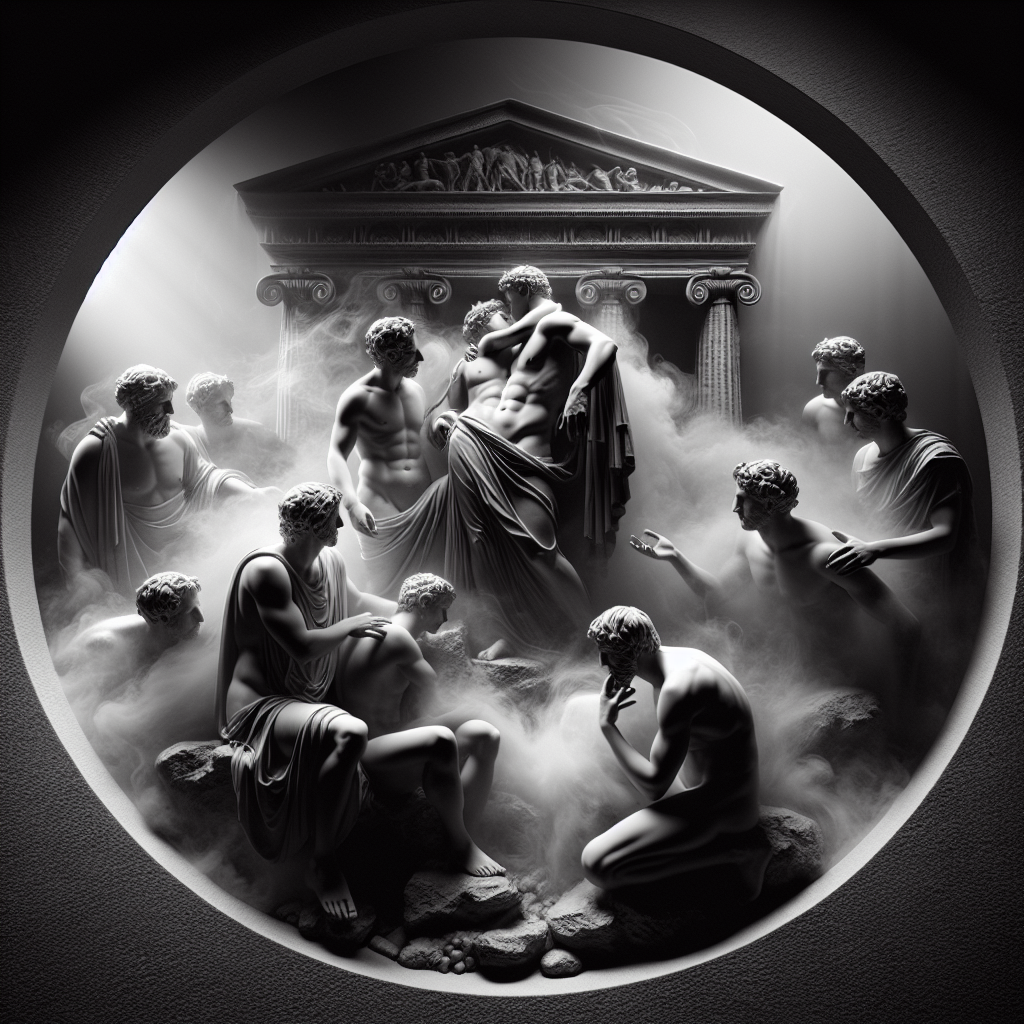
In conclusion, the exploration of homosexuality and gay massage in the context of Ancient Greece reveals not just the practices themselves but also the deeply rooted beliefs about the body, the soul, and the nature of love. It underscores the timeless quest for connection, understanding, and expression of affection in the human experience, inviting us to reflect on the complexities of our own attitudes towards love and intimacy.
